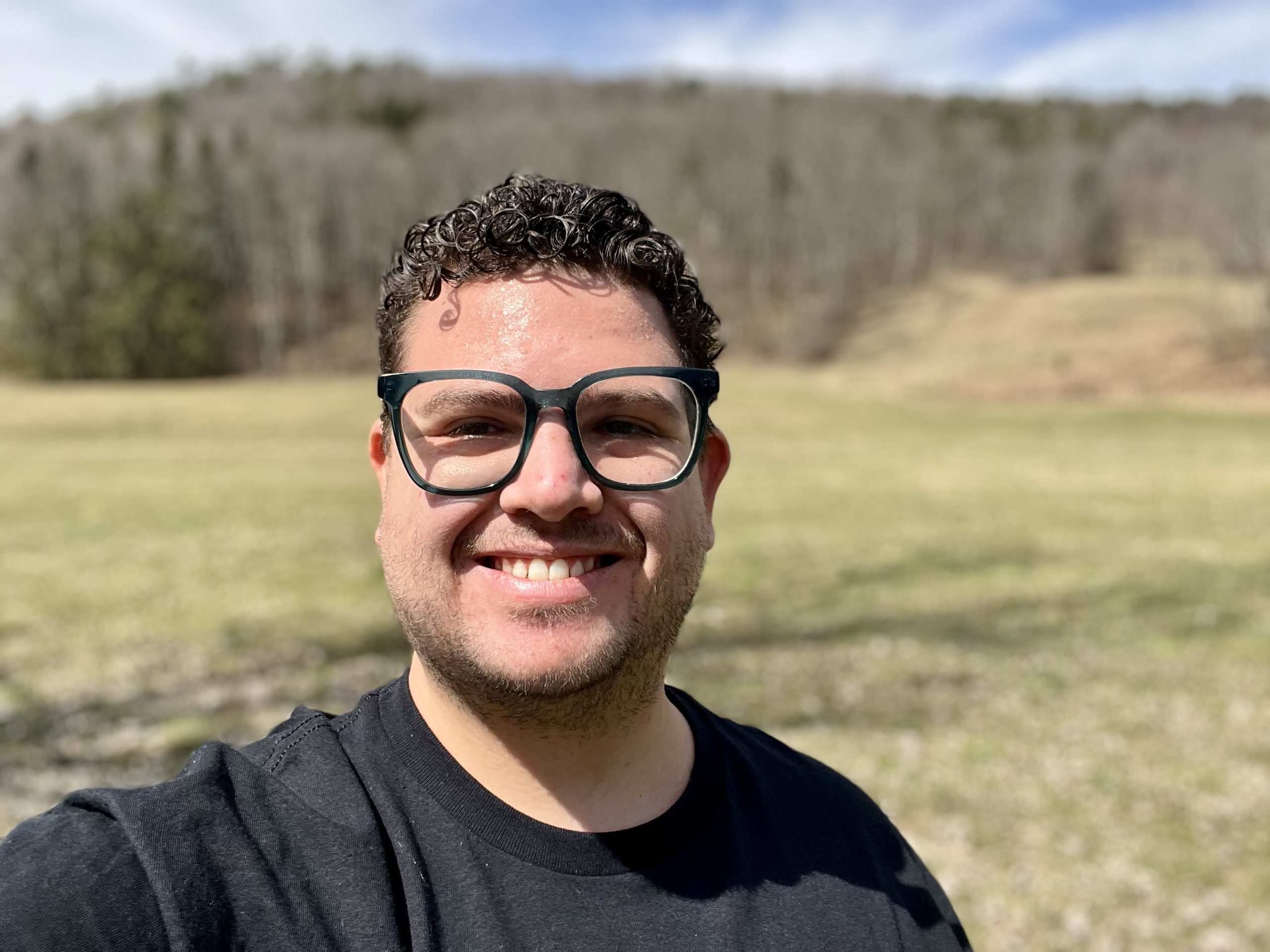
NSSR Student Ramon Louis Constan de Haan Receives Mellon/ACLS Dissertation Innovation Fellowship
The process of applying for research funding can become almost a job in itself, especially for a project that involves non-traditional research practices. A Mellon/ACLS Dissertation Innovation Fellowship award has provided a needed boost to doctoral student Ramon L. C. de Haan’s research, through which he is looking into new ways of collaborating with the Afro-Dutch communities in Suriname, Curaçao, and the Netherlands.
De Haan’s dissertation focuses on activism among members of the Black communities in these three countries, who are arguing for reparations for slavery and colonialism. “I grew up in the Netherlands—my mother is Afro-Surinamese and my father is white Dutch—and there’s a lot of ignorance about the racism that exists there, at least during the time when I grew up, which is not that long ago,” he says.
De Haan’s faculty advisor, Hugh Raffles, a professor of anthropology and the director of the Graduate Institute for Design, Ethnography, and Social Thought, encouraged him to apply for the fellowship after his applications were rejected by more conventional anthropology funds. The fellowship, funded through a grant from the Mellon Foundation, is aimed at expanding the range of research methodologies, formats, and areas of inquiry considered suitable for dissertations. It is designed to support scholars focusing on building a more diverse, inclusive, and equitable academy.
The fellowship’s stipend will support de Haan’s travel to the three countries and to compensate the community members he interviews and works with. “I plan to use part of the funds to pay the people I interview, which is not something that happens often in dissertation-level anthropology research. I also want to set up community events in each location. These will be spaces where folks can talk about and discuss reparations, what repair means to them, and the kinds of liberation they want to see for themselves—what they hope we can accomplish, what we’re all fighting for.” De Haan will also spend time working with people in the United States to establish connections between Americans and members of the Afro-Dutch diaspora. “I want to discover the types of collaborations that can be built transnationally to support one another in this fight.”
When de Haan first started working on his dissertation, he intended to focus on Curaçao. “I was interested in the Venezuelan refugees who were coming to the island and seeing the conflicts and collaborative opportunities that were created. I later found it becoming more difficult to ignore Suriname because I wanted my research to have an impact beyond Curaçao. I then included the Netherlands in my research as well.”
After conducting preliminary fieldwork in Curaçao in 2022, de Haan started looking into reparations. He was particularly inspired by conversations and organizing taking place around August 17, the anniversary of a major rebellion by enslaved people, the Tula revolt, in Curaçao. “That year, I saw people connecting those events and discussions to reparations and repair. The subject of reparations had been lingering in the back of my mind, but seeing it talked about openly and urgently made me realize I needed to focus on it now. Suriname has pushed for repair and reparations since 2013, and people in the Netherlands have also been organizing about this for a long time. We’ve also seen more collaboration across borders. That’s an aspect I want to research and part of the reason I’m traveling to these countries. Are there more opportunities for collaboration?”
De Haan’s interest in anthropology stems from a desire to understand what is happening around the world and why the world is structured the way it is and to find ways to dismantle oppressive systems. After completing his undergraduate studies in the Netherlands, he decided to pursue graduate work at The New School. “I was interested in studying here due to the university’s history of progressive education and political activism, and I was intrigued by the possibilities available to conjoin the two in my work.”